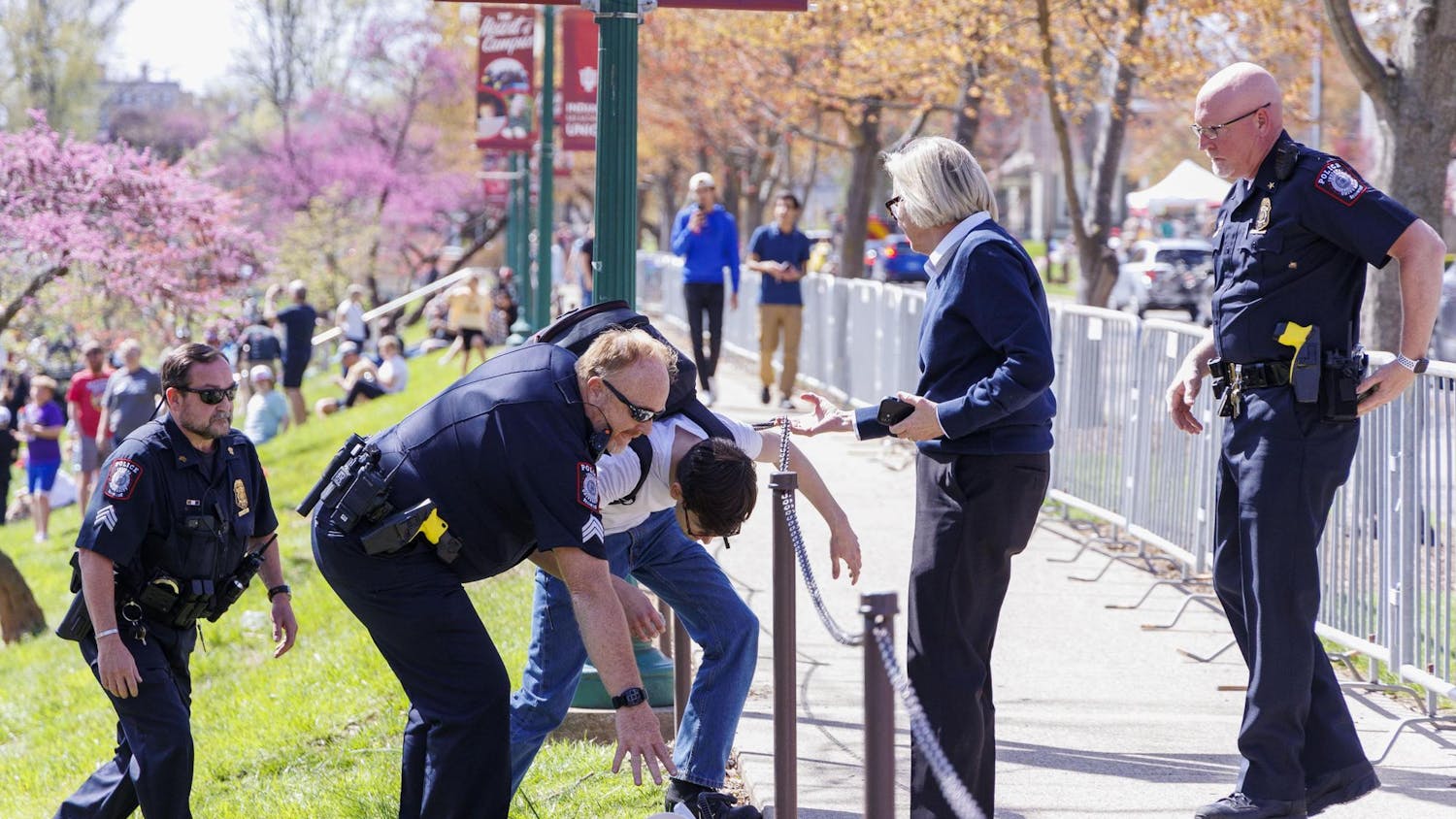INDIANAPOLIS -- It was never supposed to be a review to determine whether Indiana should have the death penalty, and it isn't going to end with any such conclusion. Not officially.\nIndiana's capital punishment statute and system got a stamp of approval, however, and it's likely to last for years.\nWhen Gov. Frank O'Bannon took the dormant Criminal Law Study Commission from his shelf of available boards and commissions and committees and councils, and blew the dust off in March 2000, he gave the panel that hadn't met for a year a sort-of mission:\nTake your time, no hurry, but take a close look at Indiana's death penalty law and determine whether it's being used fairly and has adequate safeguards to keep innocent people from being executed.\nThere was no public outcry in Indiana for such a review and not a hint that the General Assembly would seriously consider repealing the law. But the death penalty was in the news nationally and next door, and it was an election year.\nA few months before, Illinois Gov. George Ryan halted executions in his state to evaluate a system that reportedly had sent at least 13 wrongly convicted people to death row. President Clinton asked all governors to closely examine their statutes and systems.\nSo O'Bannon ordered a review.\nThe Criminal Law Study Commission will meet once more next month to consider recommendations for changing the death penalty law in Indiana, but after 16 months of review, no major changes are expected.\nThe panel already has concluded that no system is fail-safe, humans will make errors, but Indiana's death penalty system is about as good as it gets when it comes to safeguards and fairness.\n"I think there will be renewed confidence in the administration of the death penalty in Indiana given this thorough review," said Indiana Attorney General Steve Carter.\n"We've heard of incidents in other states that have prompted some expeditious action to put the entire process on hold. That didn't occur in Indiana."\nIn fact, when the study was being conducted, O'Bannon declined to stop two executions.\nGerald Bivins, convicted of killing the Rev. William Radcliffe during a robbery at an Interstate 65 rest area in 1991, could have further appealed his case. He chose not to, and O'Bannon chose not to step in.\nThad Nation, O'Bannon's press secretary at the time, said the ongoing review was not a moratorium on carrying out the death penalty in Indiana.\n"The governor is the original author of the current death penalty statute," Nation said then, before the execution last March. "He sees this as a good time to review it and make any needed changes, but by almost anyone's estimation, we have a very strong death penalty law in Indiana."\nJim Lowery, convicted of killing Mark and Gertrude Thompson in their Tippecanoe County home in 1979, had exhausted his appeals. He then sought clemency, hoping O'Bannon might commute his sentence to life in prison without parole.\nO'Bannon declined to do so.\n"Twenty-four jurors and 23 judges have found the death penalty appropriate in this case," O'Bannon said in his written decision denying clemency. "The process was fair, and I defer to the findings of the courts."\nDuring the official state government study, a group of newspapers did an investigation and concluded that the death penalty is applied inconsistently.\nThe seven newspapers concluded after a yearlong examination that the fate of a murderer can depend on where the crime occurred, the costs involved, the victim's family, the prosecutor, the judge, the jury and lengthy appeals.\nLarry Landis, executive director of the Public Defender Council, calls it a "lottery" death penalty system.\nHe's on the Criminal Law Study Commission, and hopes to convince the panel during its last meeting next month to recommend that more safeguards be written into the law.\nThe chances he will get the panel, let alone the General Assembly, to go along seem next to nil.\nIf death penalty opponents thought this government review would lead to repeal of Indiana's capital punishment statute, they were wrong. It never even led to a moratorium.
Commission approves death penalty statute
O'Bannon ordered review to meet once more, no major changes expected after 16 months of debating fairness, safeguards
Get stories like this in your inbox
Subscribe





